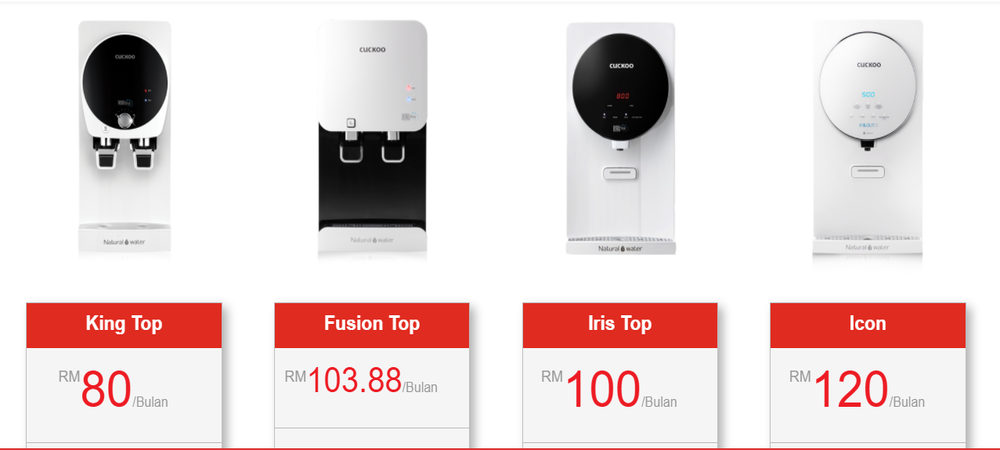
Sen. Carl Levin Calls For U.S.to Take 'Dramatic Leaps' Toward Fuel Efficiency
Michigan Sen. Carl Levin, a titan of the auto industry, called this week for sweeping changes in U.S. fuel economy standards to speed the adoption of plug-in electric vehicles and reduce their prices within 15 years -- a goal that automakers fear could put the cart before the horse.
At the Business of Plugging in Electric Vehicle Conference in Detroit on Wednesday, Levin said U.S. fuel standards "forces auto manufacturers to focus on incremental improvements rather than dramatic leaps forward. He called that approach "a row boat when what we need is a high-tech whitewater raft."
Instead of setting fleet average targets, Levin said Washington should explore the possibility of requiring by 2025 that "certain classes of vehicles be made up of plug-in hybrids, all-electric vehicles, fuel-cell vehicles or other alternatives to oil."
"I know the idea of such a mandate would be controversial," he said. "But the incremental gains of our current approach are achieved at great cost, in terms of resources and policy struggles."
"Our goal should be nothing short of making electric vehicles affordable and attractive to every American family," he said.
Gloria Bergquist, spokeswoman for Alliance of Automobile Manufacturers, told FoxNews.com that the group supports Levin's goal but added "there's a lot of things that need to happen before we can achieve that vision."
The electric infrastructure needs to be in place, including local permits for home charging stations, improved battery technology, and standards for electrical plugs, Bergquist said, who pointed to her group's website for a visual presentation on what's needed.
"This needs to come together to achieve this electric vision," she said. "We hope we can achieve this and have more electric vehicles on the road in 15 years. We can't just mandate the technology. We need to have the whole infrastructure and system in place."
The Michigan senator's comments came Wednesday, the same day that the Environmental Protection Agency said gas stations can start selling fuel with more ethanol, another controversial decision opposed by automakers, environmentalists, cattle ranchers, food companies and a broad coalition of other groups.
The EPA recommended a higher blend of up to 15 percent from the current blend of 10 percent ethanol for cars and light trucks built since 2007. Motorists with older vehicles who use more ethanol risk damaging their engines with too much corn-based fuel, the agency said.
The move means that gas stations, if they choose to sell the fuel, will have to use special pumps and signs to make sure consumers don't fill their vehicles with the wrong fuel. The EPA said it will propose new pump labeling requirements to help consumers figure out which gas to use.
The EPA has said a congressional mandate for increased ethanol use can't be achieved without allowing higher blends. Congress has required refiners to blend 36 billion gallons of biofuels, mostly ethanol, into auto fuel by 2022.
Agriculture Secretary Tom Vilsack called the EPA decision "an important step toward making America more energy independent and creating much-needed jobs in rural America."
"Increasing the use of ethanol in automobiles and light trucks not only provides biomass and biofuel producers with additional revenue enhancing opportunities, it will help us reach the Obama administration's goal of increasing renewable fuels usage in the U.S. marketplace to 36 billion gallons by 2022."
But automakers say they are worried the EPA decision would eventually lead to motorists unknowingly filling up their older cars and trucks with E15 and hurting their engines.
The problem could be exacerbated if E15 fuels are cheaper than more conventional blends, prompting owners of older vehicles to use the fuel despite the potential engine problems.
"We think that's going to lead to a lot of consumer confusion," Bergquist told FoxNews.com. "If consumers have a bad experience with alternative fuels, they're going to be turned off."
Bergquist noted that since 2000, U.S. automakers have increased production of so-called flex-fuel vehicles, which can run on blends of up to 85 percent ethanol and 15 percent gasoline. There are currently about 8 million flex-fuel vehicles on the road. Detroit automakers have pledged to make about half of their vehicle production capable of running on E85 by 2012.
"We as automakers support E85 because we produce vehicles that run on gasoline and ethanol and we can because we've hardened the vehicle's system," she said. "But just the average vehicle on the road today and beyond haven't been adopted for a more corrosive fuel."

No comments:
Post a Comment
SALAM SEJAHTERA KOMEN DAN JANGAN LUPA FOLLOW BLOG INI DAN LIKE KUTOOOBAMBOO YER